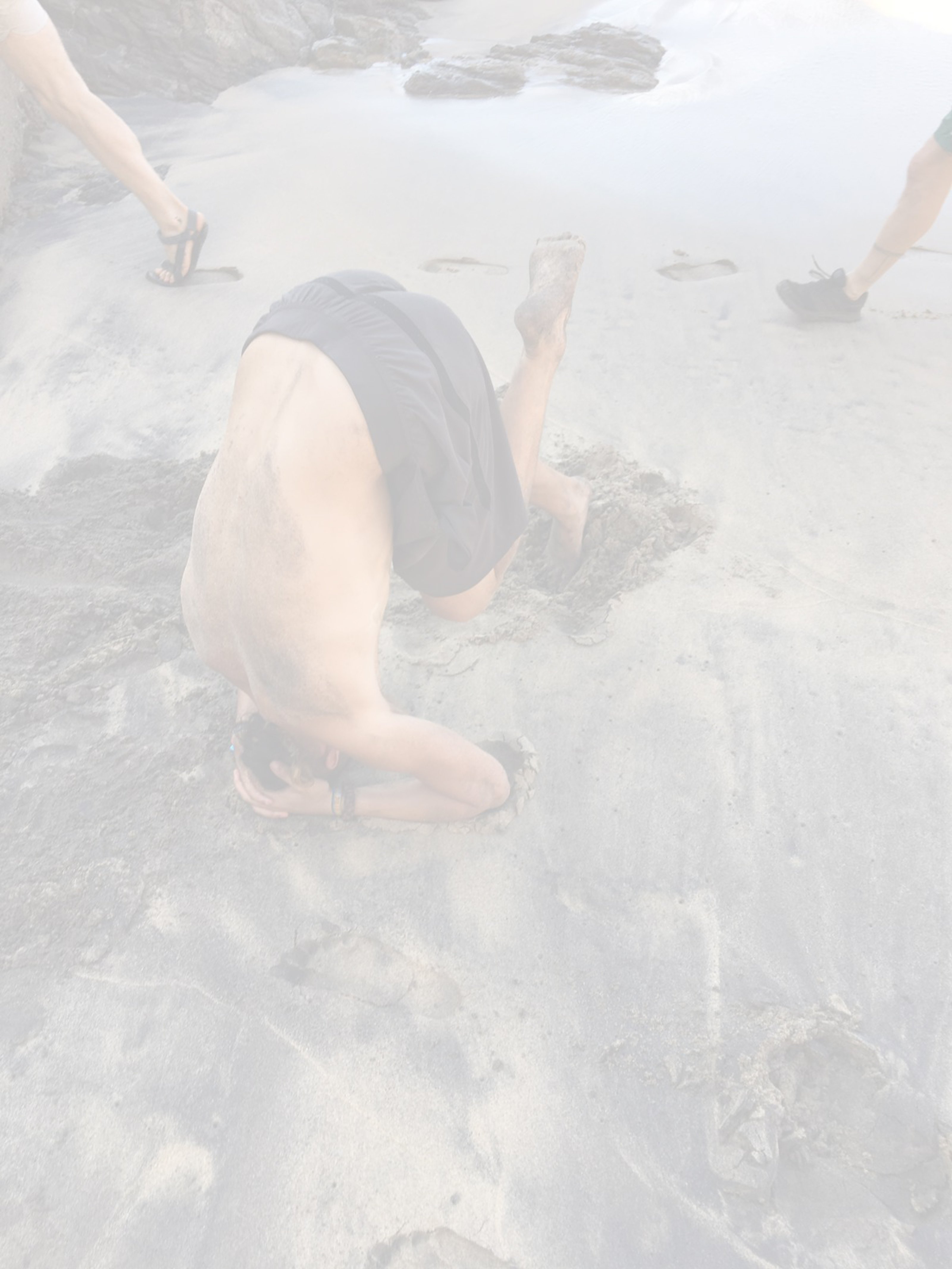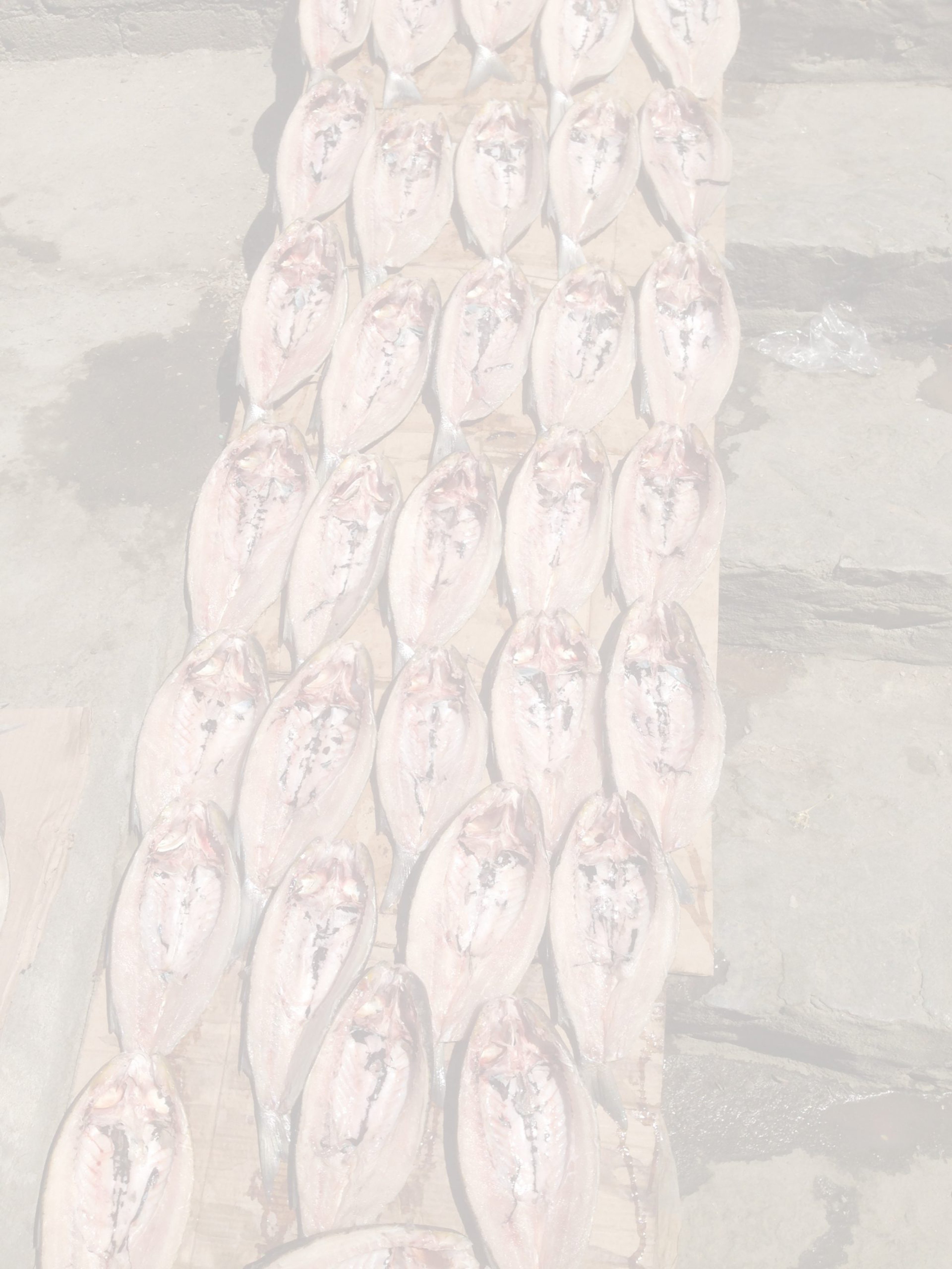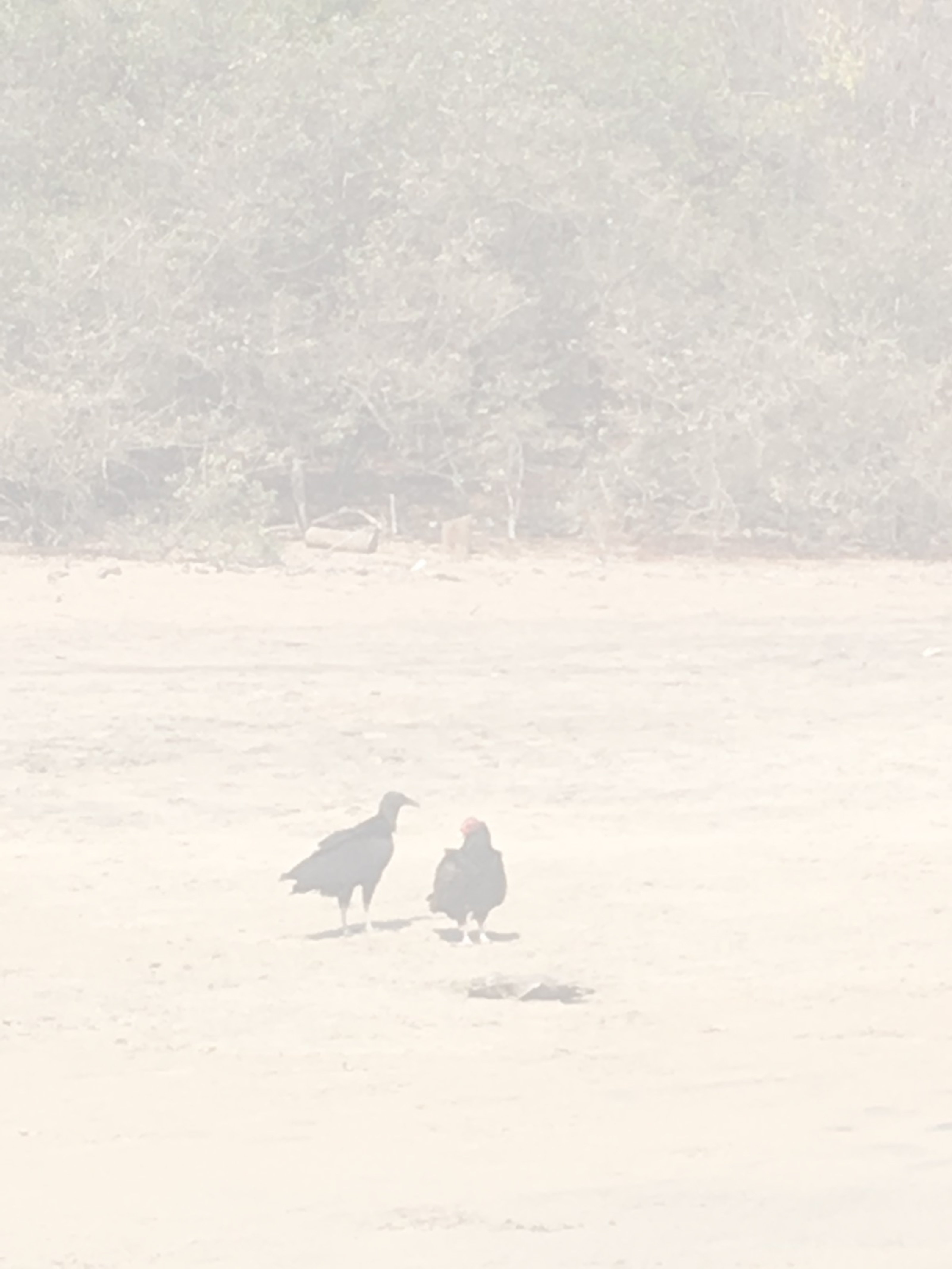Berlin-based Norwegian artist Mickael Marman shares anecdotes on what it’s like to travel as an Afropean, with texts borrowed from the editions created specifically for his solo exhibition “Man and Sea” at Damien & The Love Guru in Brussels.
Berlin, March 2019
On a recent trip I made by myself to Mexico, I planned to relax on the Costa Chica in Oaxaca, and Guerrero, where I wanted to visit a museum and do some research. The Costa Chica is known for being the home of a very marginalized group, the Afro-Mestizo people. These people are the descendants of former slaves who fled and settled in this southern coastal region of Mexico. They stand out culturally due to the color of their skin, their cooking, and other elements such as dance and music.
I made my way to a beach called Playa Mazunte to get some sun and to work. The beach was an absolute shock to me, but at the same time it filled me with a very distinctive feeling that I can only describe as “delighted-misanthropic.” Since I was not recognizable as a backpacker, nor had any will, intention, desire, or capability to take part in socializing there, I created my own little environment by renting a very cheap cabana at the more “Mexican” part of the beach where I would be left alone to observe the backpackers from afar, as well as to make short hikes into their territory when the desire for food or beer came into play. The comparison to a zoo is really not that far removed from the feeling I got from the experience. As a “participating observer,” I would feel a little disgusted by the zoo-like atmosphere and was happy to leave again.

Backpacking has its own subculture, what I call “dread packers.” They have their own style, full of adapted religious attributes, hairstyles, clothing, and rituals. These are common features one can see practiced in the respective enclaves that they frequent, which are almost exclusively found in former colonial countries. The already existing communities in these places frequented by backpackers entirely work and base their livelihood on catering to the needs of the backpacker, with businesses providing food, drugs, internet cafes, supermarkets, parties, and other things the backpackers crave in their immediate space. In my experience, the “dread packer” tends to see him/herself as part of an outsider movement that stands out from society, they have little to no interest in cultural discourse or knowledge and believe he/she has the right to use cultural symbols and fashion statements because he/she is a person of the world who sees no distinction in color or human values within society.
My resentment of the “dread packer” may well be rooted in some kind of self-loathing. Though I’m very fond of traveling, as backpackers mainly are, I suppose, I still feel a very strong antipathy towards the idea of the “backpacker,” and consider myself more of a “traveler.” There is a substantial difference in my opinion. Backpackers often go to traditional trails, stay at designated backpacker hostels and mostly mingle with others from their “tribe.” They generally have little interest in the cultural context of the places they visit but a significant interest in finding places that suit their lofty ideas around escaping capitalist society, while in the meantime looking for an authentic place in the respective countries they are visiting. Often this ends in enclaves I choose to call neo-colonial camping sites.
The main visitors to these places are mostly young, white, and western, seemingly belonging almost exclusively to this demographic. Even though a significant number of people of color have been living in western countries for a long time, very rarely have I met black people traveling. This may be due to economic/cultural reasons but also to racist obstacles that BIPOC generally experience when traveling.
Visiting such places as an Afropean, when not being an obvious participant in the backpacker cult, can lead to misunderstandings as the defined participants are unsure whether you are working there or not. Also, as I was speaking Spanish and being quite an unmistakable misanthrope made at times for many absurd situations. Without a scene or a crowd misanthropy can’t exist.
Can it?
Although at times it can be very intense, traveling as an Afropean is an interesting experience. There is the ambiguity of not quite belonging yet constantly being questioned whether one does belong, while also feeling sympathy for not being in a mostly white environment that one is used to when hailing from a western country.
While not being mistaken for a local and when one doesn’t stick out as a rich white person, a little bit of street smarts gives one the ability to venture into less affluent areas. Besides, it pays to be knowledgeable of the prevalent culture in the places one travels and to be aware of the political ideologies and racist tendencies within certain areas of a region or city.
I myself don’t travel to the very eastern parts of Europe (nor Berlin, the city I live in) and am also careful when traveling to certain parts of southern Europe. How one conducts oneself is key here. For example, if I need to use a toilet at a cafe I’m passing by while walking the streets in Berlin, I’d rather ask in English than in German, so I can pass as a tourist. In my experience, it’s the best way to get a pass, which means exaggerating the tourist in you. The impact on me from these experiences and this awareness is definitely the reason why I enjoy traveling alone, even though I may feel lonely while doing so for the obvious reasons.

Let’s get back to the other group… The “traveler” is the subgroup I define myself by and would so characterize most of my friends who are actively moving about in this group of “travelers.” The traveler has a particular interest in the places he/she is visiting and delves more into the local culture. Often, he/she is in the country due to professional work or could be pursuing job opportunities. The traveler often has a profession and is not trying to escape “the man.” The traveler is generally knowledgeable about the ongoing political climate and the different cultures in the country he/she visits.
The cultivated traveler…
It may sound snobbish on my part, but the traveler is in many ways a snob. He/she ironically distances him/herself from mass tourism, “dread packing,” and sees him/herself as a privileged person knowing what is authentic or real in any country visited. Again, a western person comes to a country and (finds him/herself in a more informed position) thinks of him/ herself as more informed than the people who reside there. This can be problematic in several ways and leads me back to neo-colonialism.
In the age of Tripadvisor, Airbnb, and other service/review-based platforms, opinions on authenticity and reality are big bucks, and in many cases can mean make or break. One often reads of cafes serving homemade meals, or rooms offered in the heart of wherever, followed by opinions by travelers who’ve used these services. It’s interesting reading the different reviews and then to see where the reviewer is writing from.
Americans often complain about the service of restaurants, given the service minded people they are, and that’s understandable though sometimes amusing in context of the places they review. Certain cultures have less focus on service and focus more on the meal itself, something I highly appreciate. This is in contrast with some experiences I had in New York where I was perturbed by an overeager waiter culture getting me confused about whether the waiters wanted to make a pass at me or allow me to enjoy my meal in peace. Norwegians on the other hand often complain about overfriendly/annoying waiters, and/or loud music in the facilities.

Fake or make?
The power of the good review can be crucial to a business. There used to be a time when the customer was king, but now the reviewer is comparable to a medieval tyrant deciding whether a family flourishes or dies, all depending on subjective meaning or just as casual as the mood of the day, and nowadays is determined by the eagerness of the electronic guillotine at hand. Previously food criticism dwelled on the food itself, the thing consumed, but now can also include the lack of parking spaces etc. This is best portrayed in the South Park episode “You’re not yelping.” Hence my general suspicion of all this stuff… I’m for the power of the consumer.
What?
In my opinion, this tendency often leads to services bending over backwards for the need to be validated by neo-capitalism and this creates kitschy and/or stereotypical ideas of the authentic, rather than existing by itself or being progressive and innovative.

Berlin, June 2020
I never knew what I was using this text for and constantly postponed writing more on it, both for lack of a deadline or imminent publication. But now, as I wanted to finish it for this show, so much of the world has changed: the subjects involved are still highly relevant but the feeling persists that no-one any longer knows anything.
Courtesy of the artist and Damien & The Love Guru, Brussels.
Design: Ehsan Morshed Sefat
Text editing: Ames Gerould